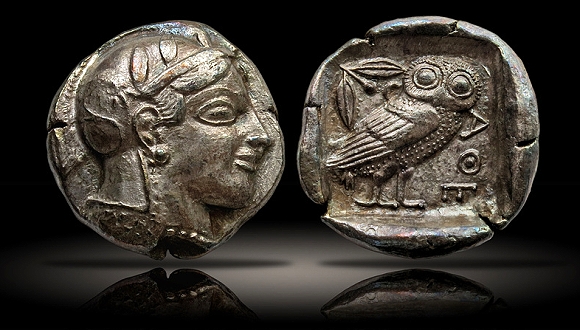Let's talk about my favourite kind of films just for a second.
Horror movies.
Yes, I know I know, these sinful things, but I like them for a few reasons. First of all, they're the only genre of movie that discusses the supernatural with any degree of seriousness. There can be demons, necromancy, devil worship, possession, witches, sorcerers, and all these things are treated with utmost seriousness. Secondly, they are the movie genre that treats violence with its necessary impact. Aside from the saw movies, if there's violence happening onscreen, unlike in action movies, you feel bad, scared, like you would if there was actual violence happening in front of you.
But with all these supernatural issues, you have to set up how to deal with them. In an action movie, the solution to the problem seems to be 'use gun on man', but horror movies set up other expectations. You have to use a silver bullet on the werewolf, a wooden stake on a vampire, shoot zombies in the head, that kind of thing. If you feed a mogwai after midnight, it turns into a gremlin. This is all simple enough, and unlike in an action movie, you need some setup before the payoff. It would be strange if the setup was that vampires had to be hit with a wooden stake through the heart, then the end of the movie just had you stabbing them to death. It would be unusual if you set up that a silver bullet had to be used on a werewolf, but at the end of the movie you just ran it over with a car. And not even a rolls royce silver ghost, either.
The setup is what makes the payoff work. The payoff doesn't work in a vacuum. Unless you know that the vampire has to be killed with a wooden stake, it won't make any sense to just not shoot him, you know? And in the scriptures, you have a very very long setup. Thousands of years, in fact. In the Old Testament, there was a lot of prophecy about what it would be when the messiah arrived on the scene. And this setup, as I say, was thousands of years in the making. For thousands of years, the people of Israel would have been hearing and reading these words. The words about the messiah would have been clear and things that the Hebrews would have been expecting to see for a long long time. In fact, that's why the Christ was sent to Israel at all - because of the setup.
You see, we happen to have access to the whole story already, the finished book. And we, in the church, don't tend to read through the Bible chronologically. So that means that we end up in a world where we don't give a lot of time to the setup and payoff, though we really should. The reason we should be taking this seriously is that the Old Testament spends a lot of time, and spills a lot of ink, on the topic of God. Who he is, and what he does. What his attributes are, and what falls within his purview. The Old Testament is crammed full of stories about God's activity, showing what is his responsibility, and demonstrating clearly the things that only he can do.
And that's the setup, right? Say what you will about the Disciples, but they were not blindly credulous, you know. The Life of Brian bit doesn't hold water, when you consider that the people of that time followed leaders, sure, followed after strong men, followed the advice and guidance of prophets, but didn't consider them as gods. That really did set them apart from the rest of the world at the time. All sorts of people all over the world would elevate their leaders, prophets, kings and generals to being gods. Really only Israel didn't. Israel had a situation where they had a setup - only God can create, only God can forgive, only God can have power over the seas, over life and death, and then Jesus shows all those things.
Setup and payoff, right? And the setup of the virgin giving birth to a child, and calling him Immanuel, is shown in Christ. It's not about predictions and prophecy so much as it is about spending hundreds of years telling a particular people who God is, and what he is like, then when God steps into the world, he does those things. He shows himself to be God, and if you know the setup, unmistakably so.
Vampire - Wooden stake
Zombie - destroy brain
Werewolf- silver bullet
God - Power over life and death, creation and salvation.
If the setup and payoff are there, then you don't have to believe it, but you at least have to see that the story is consistent.















